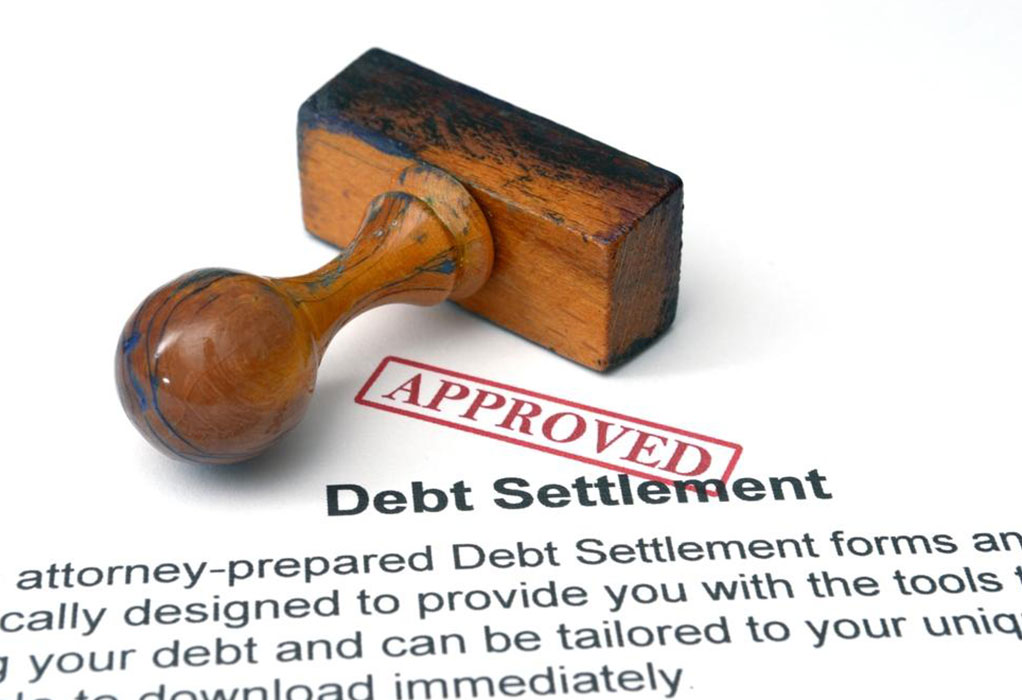Effective Strategies for Managing and Repaying Debt
Learn practical strategies to manage and repay debt effectively. This guide covers assessing debts, seeking professional advice, using legal relief options, prioritizing payments, and setting up installment plans. These methods help reduce financial stress and facilitate debt clearance through manageable steps and expert guidance.

Effective Strategies for Managing and Repaying Debt
Debt occurs when expenses surpass income, leading to unpaid bills, credit card dues, loans, rent, and mortgage payments. While small debts are often manageable, accumulated liabilities may require assistance to settle. Debt relief services can be valuable resources, but individuals can also take proactive steps to ease their financial burdens.
1. Assess Your Total Debts
Begin by calculating the total amount owed, identifying creditors, and understanding the monthly payment obligations. Creating a comprehensive budget helps determine income, essential expenses like housing and food, and the remaining funds for debt repayment. This process can reveal areas to cut costs and explore income-boosting options such as government benefits.
2. Seek Professional Debt Advice
If overwhelmed, consulting a debt specialist can offer valuable guidance. Expert advisers help develop tailored repayment plans, explore relief options, and ensure confidentiality. They also review eligibility for benefits and assist in negotiating with creditors to manage or reduce debt burdens effectively.
Maintain confidentiality and privacy
Offer impartial financial guidance
Recommend debt solutions
Assist with benefit claims and entitlements
3. Utilize "Breathing Space" Periods
The government provides a legal "breathing space" for those in debt, giving temporary protection from enforcement actions such as calls, court proceedings, or bailiff visits. Usually lasting 60 days, this period allows individuals to seek advice and negotiate repayment plans. Eligibility involves consultation with approved debt advisers, with coverage for most debt types except certain loans like student or court fines.
4. Prioritize Debt Payments
Focus initially on critical debts such as mortgage, rent, utilities, and taxes, as neglecting these can lead to severe consequences. After settling urgent debts, address other obligations like credit cards, store cards, and overdrafts, ensuring minimum payments to avoid fees. Then, target debts with the highest interest rates to reduce overall costs.
5. Consider Installment Payment Plans
If full repayment isn't feasible, setting up installment plans helps manage debts over time. Options include debt management programs, court orders, or voluntary arrangements, allowing consistent payments and debt reduction. Approaches such as Debt Management Plans, administration orders, and individual voluntary agreements facilitate manageable repayment schedules and potential debt write-offs after specified periods.










